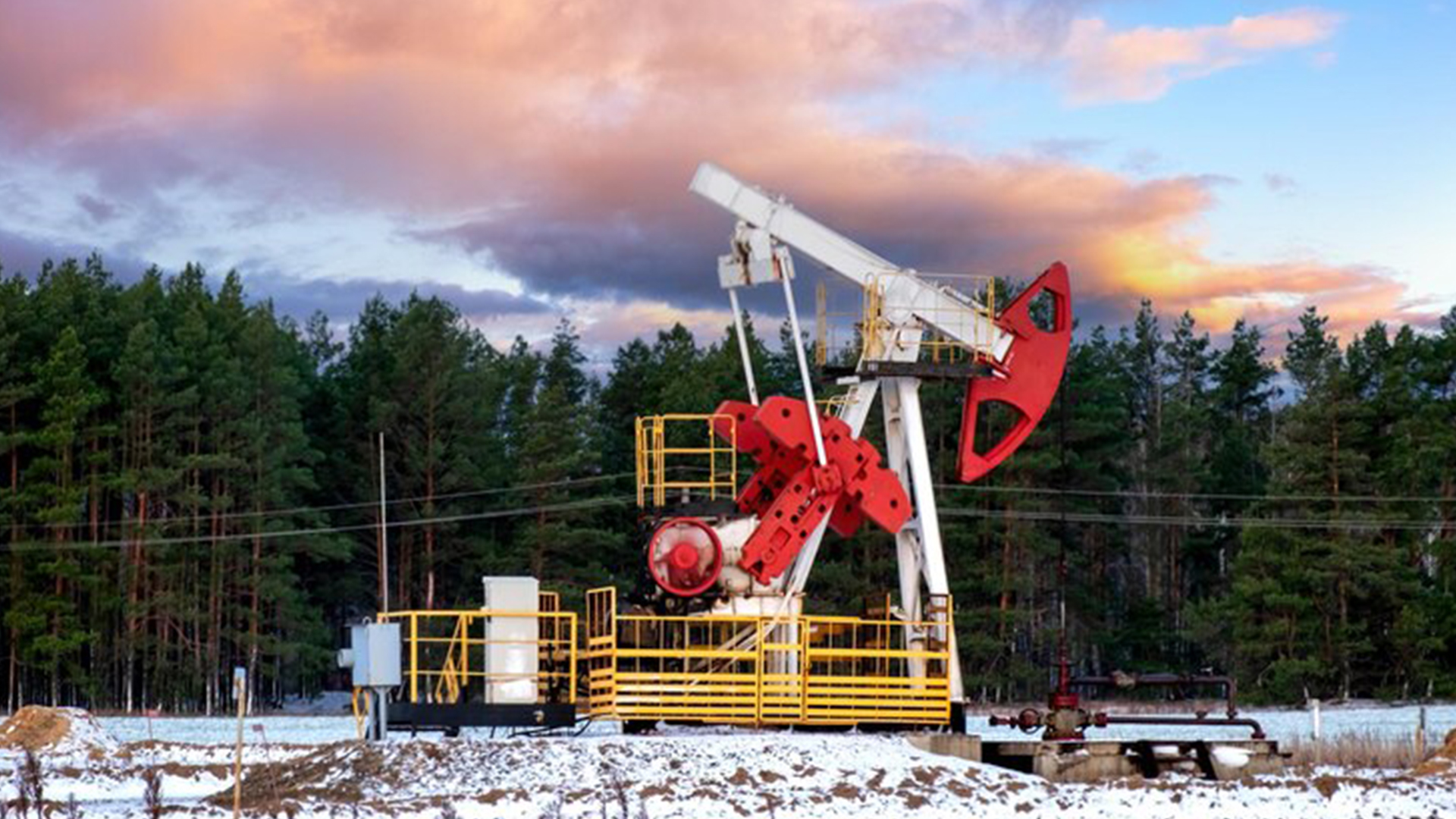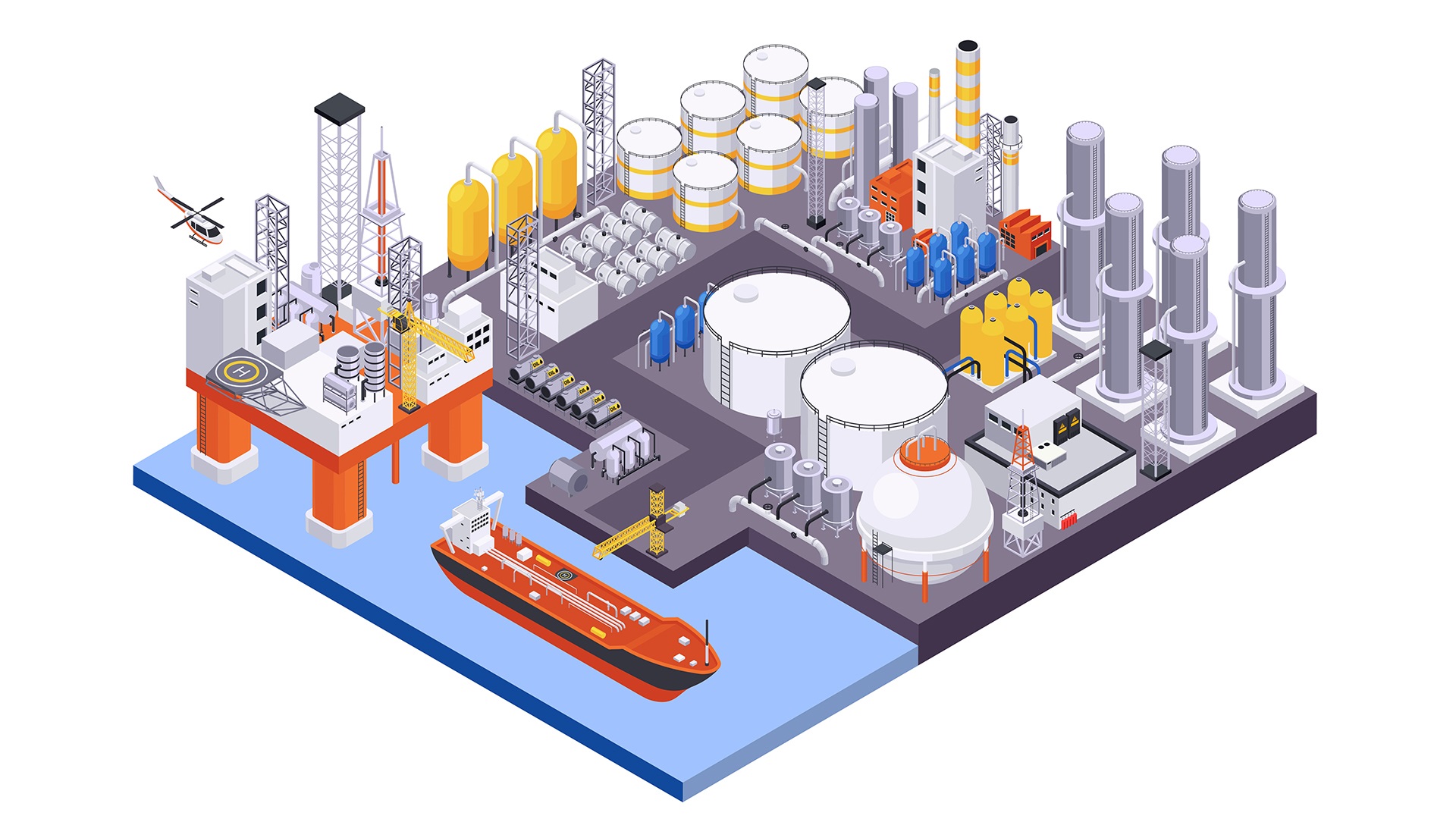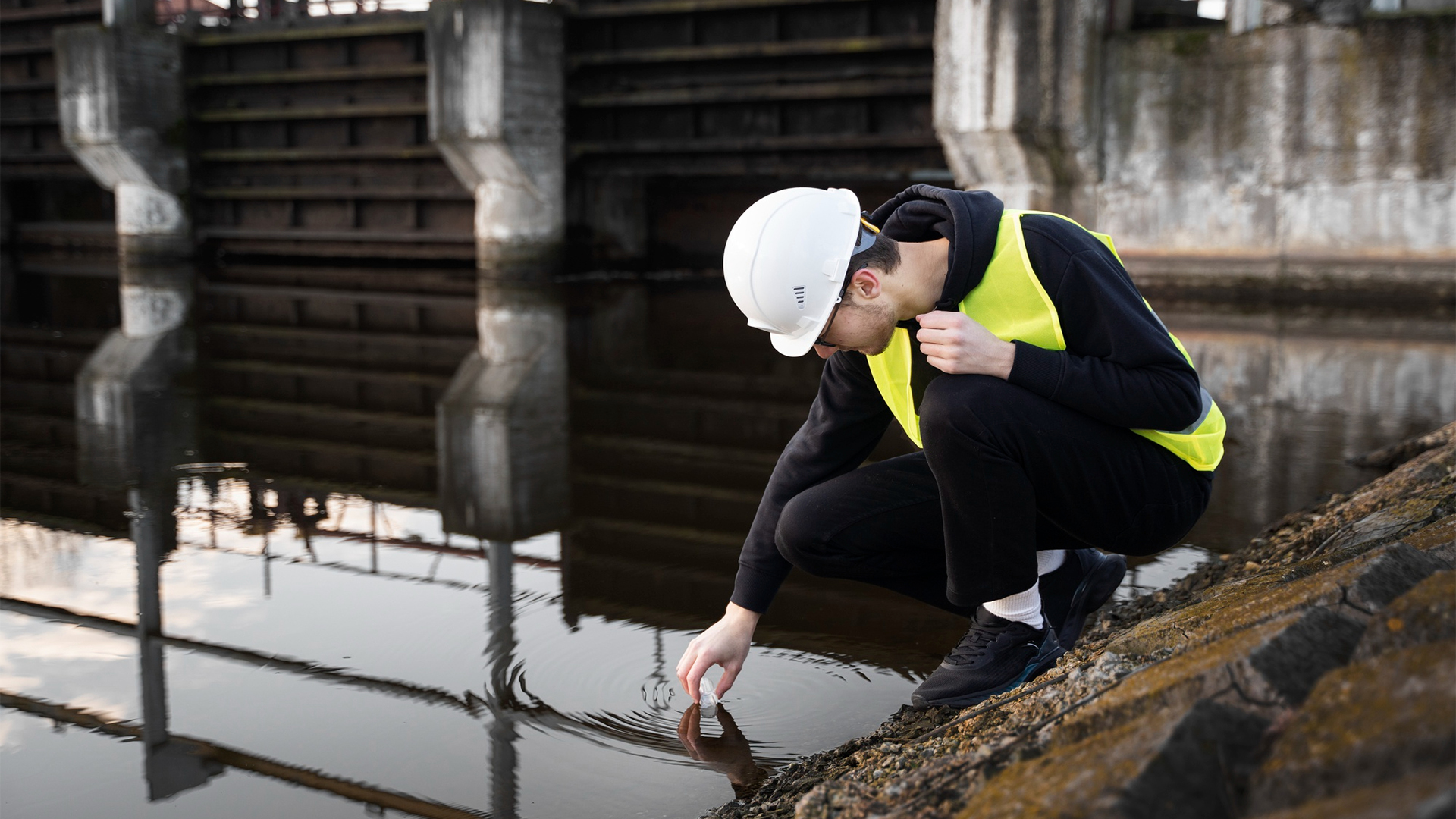
Loading Boss: Become The Leader For Oil, Gas And Petrochemicals
Course overview
What exactly are petrochemicals?
The petroleum business depends on loading of petroleum, gas, and oil to survive. With rising energy demands comes rising fuel demand for transportation, which creates space for new market entrants and benefits established ones.
Working with oil and gas is dangerous and risky. Therefore, in order to operate in such an environment and reduce the risk of tragedy, the workers hauling these petrochemicals must be highly trained and skilled. Only certified individuals who have been trained for this transportation are authorized to perform this activity because to the appalling working conditions. The transportation of oil and gas is subject to stringent rules, procedures, and laws.
What exactly is a loading master?
Participants will acquire the most cutting-edge information and expertise necessary to master the science of loading master for oil, gas, and petrochemicals through the Training Bee training course. Your ability to hold high and important roles at a government or multinational organization with significant room for progress within the organizations will be enhanced by the training that combines real-world case studies with the most recent theoretical material. Additionally, it will improve your chances of finding better employment outside of your current company.
Introduction
Understanding the vital responsibilities and experience required in controlling the loading and unloading operations of these precious and frequently dangerous materials requires an introduction to the position of a loading master in the oil, gas, and petrochemical sectors.
In order to ensure the secure and effective transportation of oil, gas, and petrochemical materials, the function of a loading master is essential. It necessitates a thorough comprehension of technical procedures, stringent safety controls, observance of environmental regulations, and good communication. In order to minimize hazards and environmental damage and protect the integrity of these sectors, loading masters are essential.
We are The Training Bee, a global training and education firm providing services in many countries. We are specialized in capacity building and talent development solutions for individuals and organizations, with our highly customized programs and training sessions.
Learning Objectives
Upon completing Loading Master Certification for Oil, Gas and Petrochemicals, participants will be able to:
- Technologically sophisticated loading mastering operations
- Operation of the terminal and shipping to the location
- Understanding of safety rules, safety processes, international standards, and security measures as appropriate
- Currently used and widely accepted technology advancements and methodologies
- Ability to instruct personnel and professionals in the field of loading cargo in-depth knowledge of the procedures involved in loading brief understanding of the complex processes involved in mooring
- Loading and unloading techniques
- Calculations, metering parameters, and quality control
Our Unique Training Methodology
This interactive course comprises the following training methods:
- Journaling – This consists of setting a timer and letting your thoughts flow, unedited and unscripted recording events, ideas, and thoughts over a while, related to the topic.
- Social learning – Information and expertise exchanged amongst peers via computer-based technologies and interactive conversations including Blogging, instant messaging, and forums for debate in groups.
- Project-based learning
- Mind mapping and brainstorming – A session will be carried out between participants to uncover unique ideas, thoughts, and opinions having a quality discussion.
- Interactive sessions – The course will use informative lectures to introduce key concepts and theories related to the topic.
- Presentations – Participants will be presented with multimedia tools such as videos and graphics to enhance learning. These will be delivered engagingly and interactively.
Training Medium
This Loading Master Certification for Oil, Gas and Petrochemicals training is designed in a way that it can be delivered face-to-face and virtually.
Course Duration
This training is versatile in its delivery. The training can be delivered as a full-fledged 40-hour training program or a 15- hours crash course covering 5 hours of content each day over 3 days
Pre-course Assessment
Before you enroll in this course all we wanted to know is your exact mindset and your way of thinking.
For that, we have designed this questionnaire attached below.
- What are the main responsibilities of a Loading Master and what is their principal function in the oil, gas, and petrochemical industries?
- Can you give a brief description of the equipment and systems frequently utilized to load and unload petrochemical, gas, and oil products at a terminal or vessel?
- What safety procedures and precautions are crucial for managing hazardous material loading and unloading operations in these industries?
- Describe how environmental standards and regulations affect a loading master’s work, with a focus on spill response and prevention.
- Have you ever held a position similar to that of a loading master before? In that case, briefly outline your duties and the products you were in charge of handling.
Course Modules
This Loading Master Certification for Oil, Gas and Petrochemicals covers the following topics for understanding the essentials of the Agile Workplace:
Module 1 – Safety precaution
- Understanding the terms and conditions (ISGOTT)
- Suggested safety measures
- International Marine Forum for Oil Companies
- Online Training Guide for Marine Terminal Competence Shipping
Module 2 – Comprehension of maritime specifics
- Barge and vessel equipment
- Conditions for Loading and Discharging
- Knowledge of Pumps and Lines for Stripping and Ballasting
- Both quantity and quality
- Sanitizing tanks
- Washing crude oil
Module 3 – Safety requirements for ship shore and mooring
- Specifications of the apparatus
- Equipment placement
- Alternatives for when circumstances are not favorable
- Mooring technique
- Mooring authenticity monitoring of loading
Module 4 – Freight documentation
- Invoice of lading
- Crude oil, petroleum, and LPG product calculations
- Ability to confirm freight quantity
- Data correction Trading phrases
- True assertions
- Recognizing demurrage
Module 5 – Ship safety at the shore
- Better ways to load, handle, and discharge bulk liquids
- Preparations for arrival
- Loaded weapons
- Help with a tug
- Mobile placement
- Managing Tug support and without it
Module 6 – Operational administration
- Architectures of transfer systems that have recently advanced
- Ship-Ship, Ship-Platform, and Ship-Shore
- Tandem sets up tools for forecasting
- Timely and efficient operations
- Ship transfers in connection
Module 7 – Standard management
- Management of Risk
- Organizing abilities
- Leadership capacity
- Final examination
- Driver crew inspiration
- Collaboration with police
- Adhering to protocols
Module 8 – Tanks analysis
- Dimensions of the vessels and the barge Inspection of the cargo
- Floating and fixed roof tanks
- Measurement, design, performance, and process of vortex flow
- Mechanism and measurement of Differential Flow
- Mechanism, design, and measurement of ultrasonic flow
Module 9 – Emergency strategy
- Emergency supplies
- How to react in an emergency
- What not to do in an emergency
- General recommendations for emergencies
Post-course Assessment
Participants need to complete an assessment post-course completion so our mentors will get to know their understanding of the course. A mentor will also have interrogative conversations with participants and provide valuable feedback.
- Give an explanation of the main duties of a loading master in the petrochemical, oil, and gas industries as well as some instances of the work involved in this position.
- Describe the systems and equipment that you learnt about in the course that are typically employed in loading and unloading procedures for petroleum, natural gas, and petrochemical products.
- Summarize the safety precautions and measures that were covered in the course and are essential for handling hazardous material loading and unloading operations. How does the type of product being handled affect these precautions?
- Think about how important environmental laws and standards are to a loading master’s job. How do they affect your day-to-day activities, especially in terms of spill response and prevention?
Lessons Learned
Safety is extremely important when handling hazardous products in the petrochemical, oil, and gas industries. In order to prevent accidents and save lives as well as the environment, participants have learned how important strict safety procedures, risk assessments, and proactive safety cultures are.
Technical Knowledge: The training placed a strong emphasis on the technical knowledge needed to effectively manage loading and unloading operations. Participants now have a better understanding of the complex machinery, setups, and procedures needed to handle varied products.
Environmental Stewardship: A Loading Master’s work is heavily influenced by environmental laws and best practices. Participants have gained knowledge on the value of reducing environmental effect, spill prevention, and appropriate incident response.
Product Variability: Loading Masters has learned how to handle different products differently, such as gas, oil, and petrochemicals. Each has special qualities and safety issues that the loading masters must successfully manage.
Risk Reduction: Operations involving loading and unloading have inherent risks. To reduce interruptions and safeguard assets, participants have learnt the value of risk assessment, mitigation tactics, and contingency planning.
Interdisciplinary Collaboration: It is crucial to communicate and coordinate effectively with ship crews, port staff, regulatory bodies, and diverse stakeholders. Participants have acknowledged the value of interdisciplinary cooperation to guarantee efficient operations.







